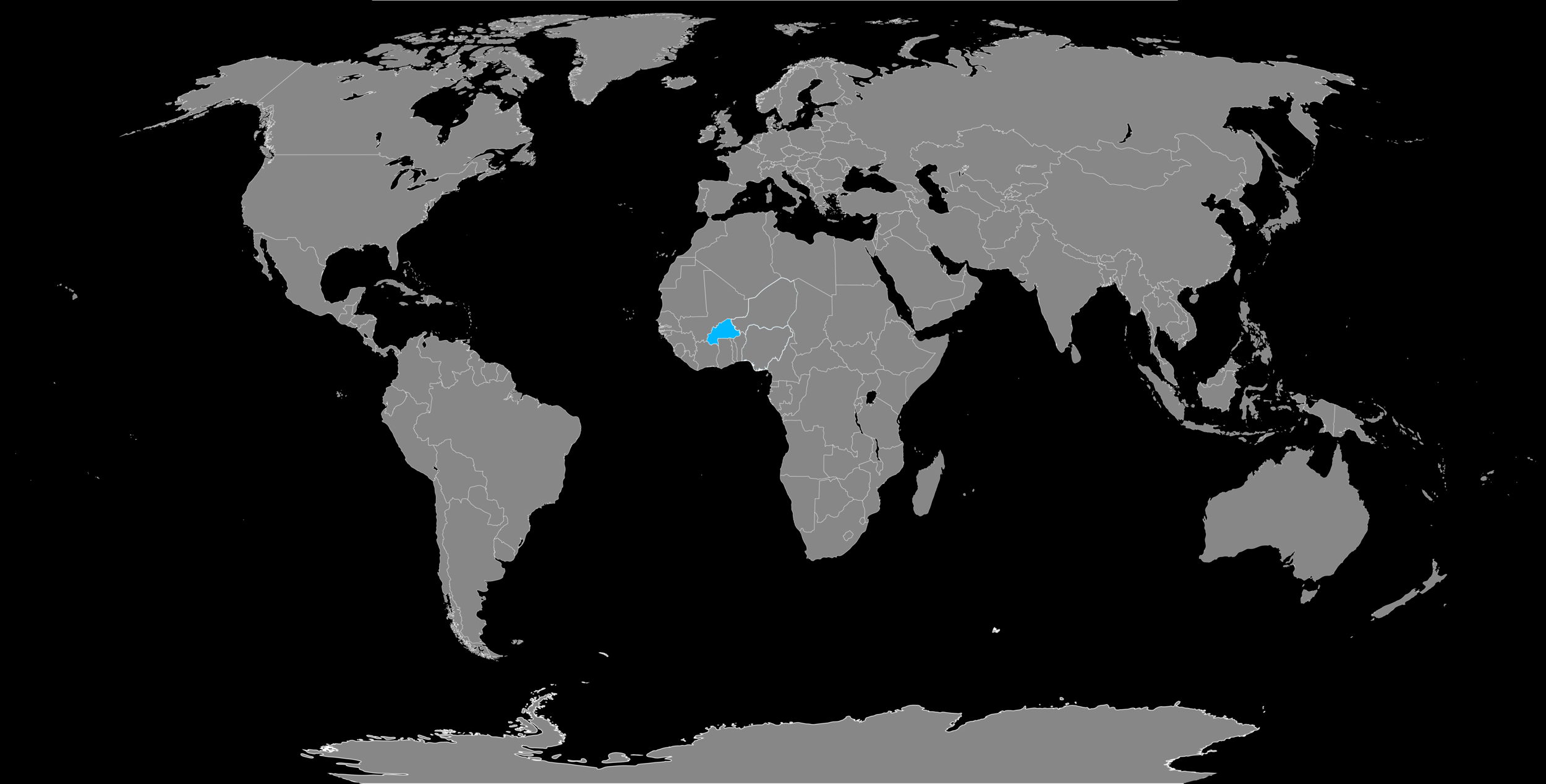





Our Work
using a data-driven approach to address WASH and public health disparities
Our Work
using a data-driven approach to address WASH and public health disparities
Our APPROACH
We work to increase and protect safe water access for and working with those living in developing areas and crisis zones. Our engagements are designed to be:
We recognize that every community is unique. To address concerns holistically, we adapt our engagements to each setting and integrate accordingly.
To guarantee long-lasting impact, we incorporate measures to foster local ownership of programs during their design or implementation.
Collaboration is crucial to the success of our programming. We work with governments, NGOs, and the UN system so that our work is part of a coordinated response.
Our integration
Adopted in 2015, the Untied Nations' 2030 Agenda for Sustainable Development outlines 17 Sustainable Development Goals (SDGs) that serve as the framework to guide global development efforts. To learn more about the UN's global goals, visit the SDG knowledge platform. Our activities interface principally with four of these goals:
SDG 9
Build resilient infrastructure, promote inclusive and sustainable industrialization and foster innovation

Implementation
delivering WASH projects to improve safe drinking water access and to protect public health
Implementation
delivering WASH projects to improve safe drinking water access and to protect public health
Reliable and high-quality access to safe water requires robust infrastructure and resilient operating systems. To increase reliable, high-quality access to safe drinking water, we design and implement water, sanitation, and hygiene projects, infusing proven methodologies with innovative ideas.
Whenever possible, we build on and rehabilitate existing infrastructure and systems. In doing so, we help fill the gaps in previous investments. This helps to prevent the waste of limited development funding.

Advisory
supporting the development of appropriate WASH and public health programming
Advisory
supporting the development of appropriate WASH and public health programming
The design and implementation of WASH programs require up-to-date, comprehensive data and knowledge of the local context. Given our technical expertise and our deep-rooted connections in our areas of operation, we support governments, NGOs, UN agencies, and other development partners in conceptualizing and planning WASH development projects.
We provide critical advisory services to ensure that programs are data-driven and address the real needs of beneficiary populations.

Research
advancing global water and health sector knowledge
Research
advancing global water and health sector knowledge
An understanding of the links between water, health, infrastructure, and the environment is necessary to ensure effective drinking water services while protecting public health. To advance global water and health sector knowledge, we design and conduct novel research projects.
In doing so, we are able to contribute critical understanding of the broader WASH ecosystem that have the power to influence policy making and program development.

Our Footprint
our past, present, and planned engagements
Our Footprint
our past, present, and planned engagements
Countries
BURKINA FASO
Burkina Faso is a small, landlocked nation located in West Africa and is among the poorest in the world. Like other nations in the Sahel region, Burkina has been and continues to be significantly affected by climate change. Across the country, nearly 3 million Burkinabè are without access to potable water and over 14 million are without improved sanitation.











